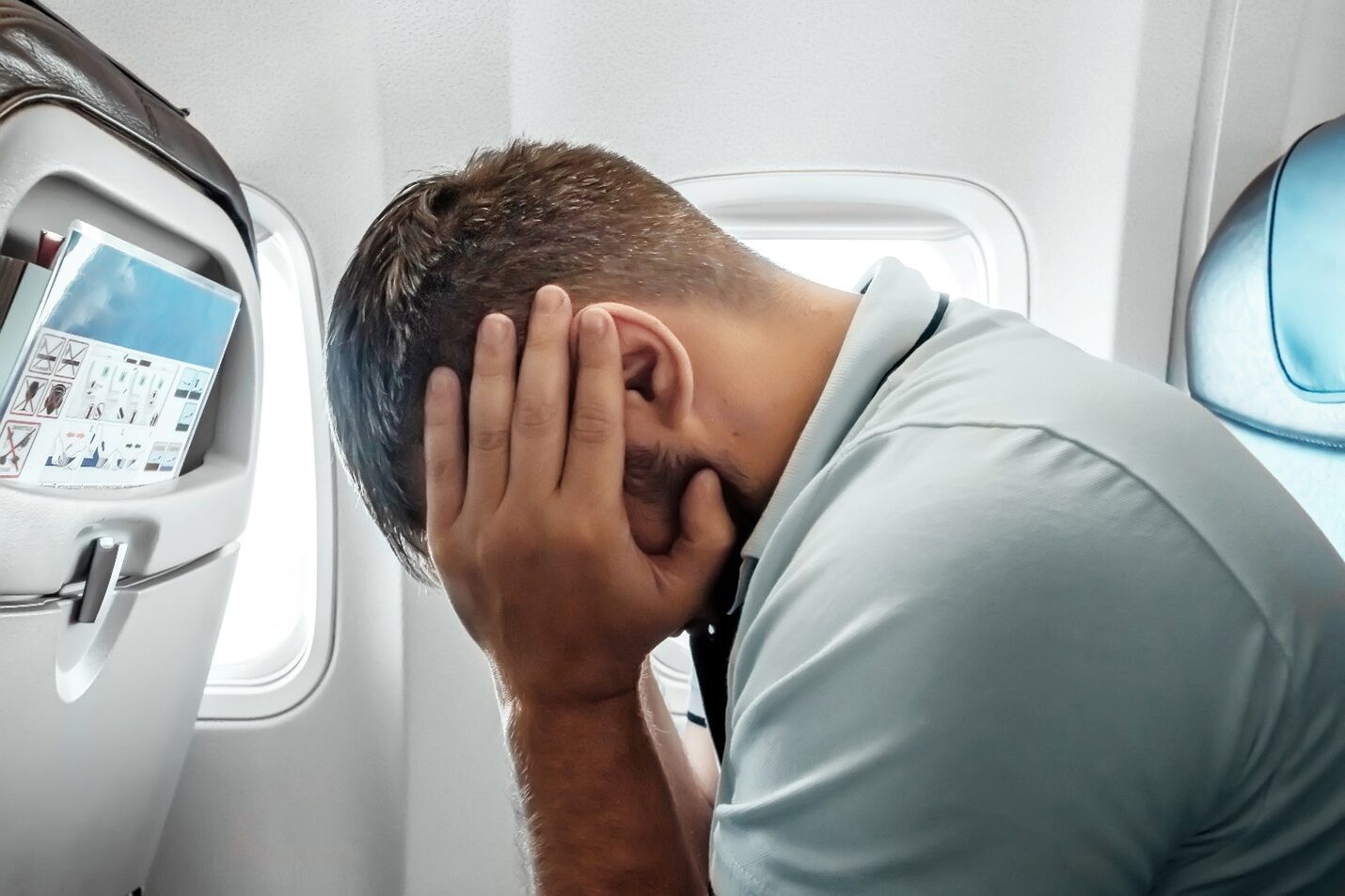What is motion sickness?
Motion sickness is a sick feeling triggered by movement. It occurs in cars, buses, trains, planes, or boats. It can occur on amusement rides or virtual reality experiences. Seeing the movement of others or things can trigger it. This condition is not life-threatening, however, it can make traveling unpleasant. Planning ahead helps prevent, avoid, or reduce the effects. Other triggers include:
- Being in the back seat of a car unable to see the horizon
- Reading in the car
- Not getting enough air in the car
Motion sickness is common in older people, pregnant women, and children between the ages of 5 and 12. Also, it’s common in people who have migraine headaches. It may be genetic. Once the motion stops, you’ll gradually feel better. In rare cases, the condition is triggered by a problem with your inner ear. This could be due to fluid buildup or an ear infection. Parkinson’s disease is another cause of the condition.
Symptoms
Symptoms can strike without warning. They can get worse quickly. You may feel sick to your stomach (nausea). Other symptoms include vomiting, pale skin, headache, a cold sweat, dizziness, and irritability.
What causes motion sickness?
Motion sickness is an imbalance between what you see and what you feel. In the car, the car is moving forward. However, your body is standing still. This imbalance is what causes you to feel sick.
Diagnosis
You may notice a pattern of sickness when you travel. See your doctor if you experience motion sickness repeatedly. Your doctor will do a physical exam. They will look inside your ears and at your eyes. Your doctor will ask you questions about your health history before recommending treatment.
Prevention Tips
If you know you get motion sickness when traveling, plan ahead. These steps can prevent it or relieve the symptoms:
- Take motion sickness medicine one to two hours before traveling.
- Choose the right seat. The front passenger seat is best in the car. Choose the midpoint on a boat. Sit over the wing on a plane. Face forward on a train. Sit near a window on a train. These seats have fewer bumps. They allow you to see the horizon. If you are on a cruise, book a cabin in the front or middle of the ship. Request a room that is closest to the water level.
- Get plenty of air. Use the air conditioner or roll down the window in a car. Direct the vent toward you on a plane. Sit near a window when you’re on a covered boat.
- Avoid things you can’t change. For example, don’t ride on a speed boat. Waves and bumps can make you sick. If you can’t avoid it, take medicine in advance.
- Don’t read while riding in a car, plane, or boat. Look out the window at the horizon. Look at a distant object.
- Lie down when you feel sick.
- Avoid a heavy meal before or during travel. Eat small portions of plain food instead. Don’t eat greasy, spicy, or acidic foods before or during travel.
- Drink lots of water. Avoid alcohol.
- Talk to your doctor about different therapies. This might include pressure bands (worn on your wrist).
If your symptoms last longer than a few days, see your doctor.
Treatment
Common medicines that treat motion sickness include Benadryl, Dramamine, and scopolamine. The American Academy of Family Physicians (AAFP) recommends scopolamine. It eases nausea and vomiting. It does not make you sleepy. A skin patch works best.
Antihistamines (one brand name: Benadryl) are helpful. However, these usually make you sleepy. Non-drowsy antihistamines are not effective in treating or preventing motion sickness. Another type of medicine is called antiemetics. These are used to treat nausea and vomiting.
Some of these medicines are prescription. Some are available over-the-counter. Talk to your doctor to determine which is best for you. These medicines work best when taken before you travel.
Once nausea begins, eat a few, plain crackers and drink clear, fizzy drinks (ginger ale is best) to relieve nausea.
Living with motion sickness
Planning ahead is the best advice for motion sickness. If your symptoms are mild, medicines are effective. Be sure to carry the proper medications with you while traveling.




